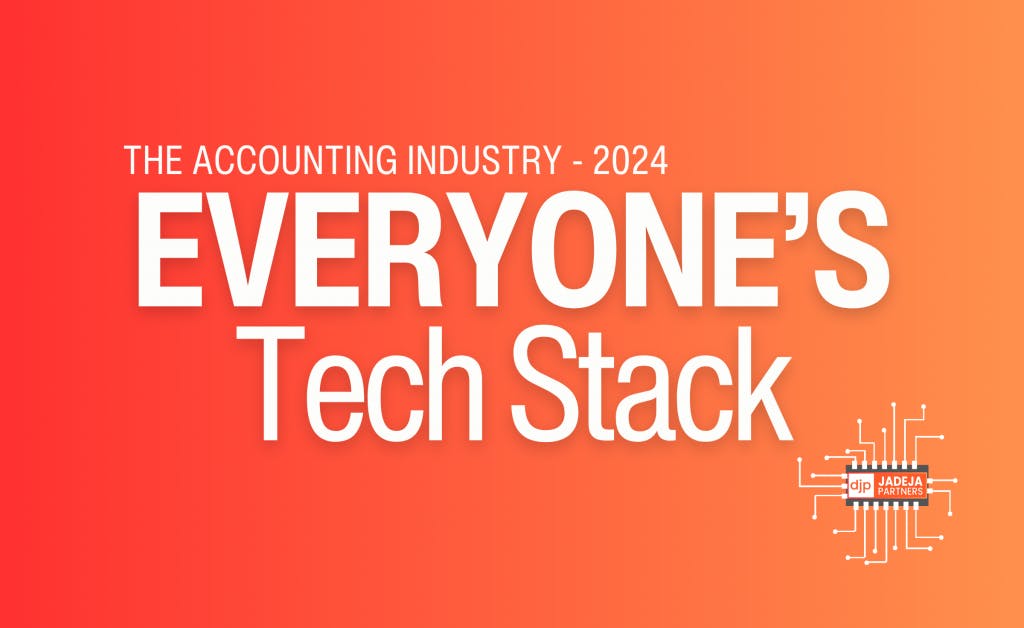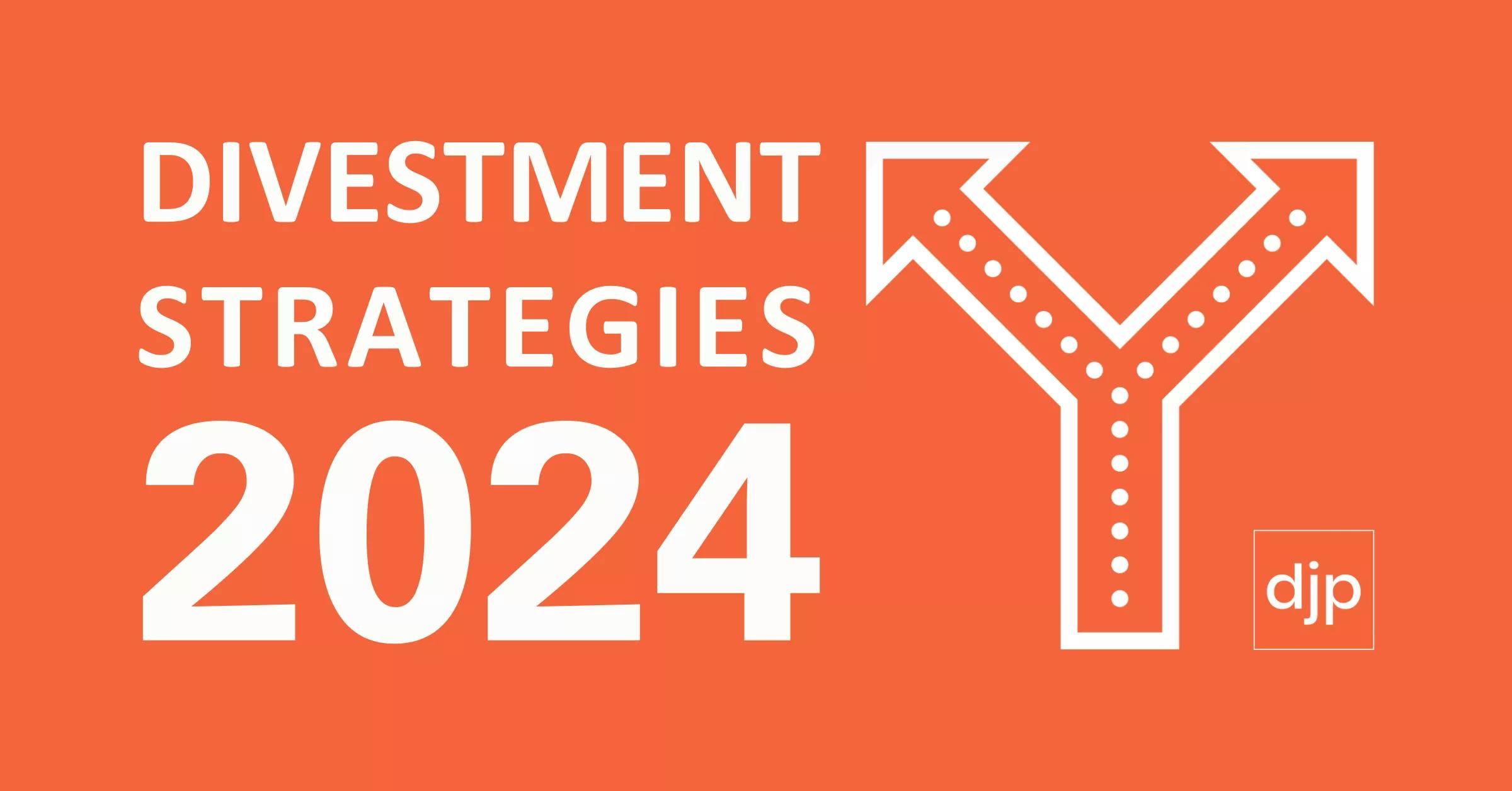As a generality, Public Practice Accountancy Practices can sell for between $0.75 and $1.00 ~ Premium for every $1.00 of ‘recurrent revenue’, whilst SMSF Administration companies (and SMSF books of business in Accounting Practices) can sell for between $1.00 and $1.20 for every $1.00 of ‘recurrent revenue’. Disclaimer: Yes, they can actually trade at Lower / Higher rates of the ‘Cents in the Dollar’ calc and or an EBIT multiple that needs a listed entity before we could even start to consider divesting.
The reasons for this discrepancy are not universally agreed, but some factors seem to stand out in the SMSF market:
- SMSF admin fees can be even ‘stickier’ than Accounting fees (set-and-forget from the Trustees’ point of view);
- SMSF ‘recurrent revenue’ is generally higher because the cost-to-service (when efficient) is lower per dollar of revenue than ‘normal’ Accounting services;
- SMSF ‘recurrent revenue’ recognises (on an implicit basis) that there are other margin sources that are ‘carried’ with the basic Admin fees (e.g. Audit margin, documents margin, Deed updating, etc).
Importantly, where an Accountancy Practice also has an SMSF book of business, there is a risk that the differential (and identifiable) value of this discrete asset will be lost in the valuation and sale of the overall business: this does not have to be the case.
Market Dynamics
- There are now in excess of 530,000 SMSFs with more 1,000,000 Members in Australia (ATO, June 2014), with more than $500 billion in funds-under-management (FUM).
- Whilst no reliable figures are available, there is a consensus that approximately 85% of SMSFs are administered by Accountancy Practices, the majority of the balance by SMSF Administration companies, and a very small percentage by Trustees themselves.
- The majority of SMSFs have generally conservative Strategic Asset Allocations, with particular concentrations in Cash (at call, term deposits, period deposits, etc) and Australian Equities (particularly in ‘blue chip’ stocks). There has been some shift from Cash to high-rated Bonds in the last 12 months, reflecting the (generally) very low yields in Cash, but Cash remains a dominant investment class in SMSFs.
- Whilst there has been a lot of media coverage of so-called ‘Limited Recourse Borrowing Arrangements’ (LRBAs) for purchases of residential investment property in SMSFs, it is actually a very small (less than 5%, but increasing) proportion of the overall FUM in SMSFs.
- SMSF administration is currently going through a significant industry consolidation. Whilst this has been an emerging trend for perhaps 5 years, it was significantly stimulated when the BIG players moved to consolidate the ‘top end’ with a series of acquisitions, joint ventures and marketing initiatives ( some unfortunately poorly planned and executed).
- Other consolidation effects in the SMSF space have been created as a result of Accounting and Financial Services corporate activity driven by other strategic objectives.
Some Best-Practice Tips on Increasing SMSF Admin Efficiency
For either SMSF Administrators or for Accounting Practices considering selling their SMSF operations, there are a number of operational efficiencies you can put in place to optimise the valuation of this asset. These include:
- Become the ‘mail box’ for all mail for the SMSFs that you administer;
- Centralise on one (or at worst, a small number of) Cash Account for fund transactions for all the SMSFs to use. Common choices include the Macquarie CMA and similar accounts from providers such as BankWest;
- Use only one core system for Fund Accounting. The most common systems include BGL, Class, and SuperMate;
- Ensure that Lodgements for all funds are up-to-date (or with documented and reliable WIP schedules) and the Breach Register is accurate and up-to-date; and
- If feasible, have a secure online Trustee portal, enabling ‘anytime, anywhere’ access to Fund information.
Similarly, an ideal asset in this space will have at its operational core a scanning and workflow system, integrated with or part of the core system.
Transaction Terms You Can Expect to See (& Ask For)
Transaction terms in the SMSF administration space are fairly standard. Beyond the agreed price (see the Overview section above), you can expect an acquirer to seek terms similar to the following:
Retention Formula
- 50%-80% of the agreed acquisition price at the transaction date;
- 10%-20,25% of the agreed acquisition price at the 12 months anniversary of the transaction date;
- The balance of the agreed acquisition price at the 24 months anniversary of the transaction date.
Typically, this formula will include an ‘overs-and-unders’ calculation, where the value of any account loses will be deducted from payments 2 and 3 + any net new funds will also be recognised in those payment (on the pre-agreed value basis).
Transition Measures
Closely related to the Retention Formula is a common requirement from acquirers that all or some of the senior executive staff (and some of the processing staff) remain with the business to assist in the smooth transition and, hence, help to ensure Retention.
The relevant transition measures can include but never limited to:
- ‘re-papering’ of the account contracts to the acquirer’s entity;
- An intensive first 3-6 months’ hand-over period, where the vendor will be expected to fully explain the ‘ins-and-outs’ in detail of their business and the macro and micro processes involved;
White Labelling
In certain circumstances, as the Vendor you may wish to retain your brand on the SMSF operation, including the online portal.
Some acquirers are open to this, however you can expect to have to trade-off some acquisition price for this.
So if you wonder what the value of your SMSF practice might be, remember the dynamics are always in flux; currently it’s gaining interest, parties are wanting to buy the ADMIN side or the AUDIT side… You could sell both!
Jadeja Parnters – Call for an obligation free discussion
Phone: 1300 523 352
Web: www.jadejapartners.com
Magnus Yoshikawa
Mobile: 0408 885 944
Email: magnus@jadeja.com.au
Kabir Singh
Mobile: 0488 457 979
Email: kabir@jadejapartners.com
© Jadeja Partners, www.jadejapartners.com



